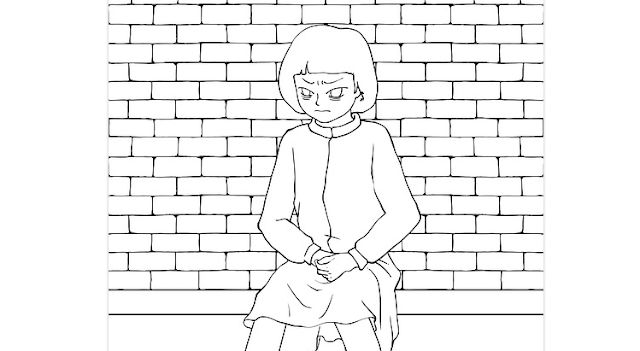Extra stomach pain during menstruation is a common complaint among women and is often caused by the normal physiological changes that occur during the menstrual cycle. The uterus contracts during menstruation to help shed the lining of the uterus, which can cause pain and discomfort. This pain is called dysmenorrhea and can vary in intensity from mild to severe.
There are several factors that can contribute to dysmenorrhea, including:
- Prostaglandins: These are hormones that are produced by the lining of the uterus during menstruation and can cause the uterus to contract, leading to pain.
- Endometriosis: This is a condition where the tissue that normally lines the uterus grows outside of it, which can cause pain during menstruation.
- Adenomyosis: This is a condition where the tissue that normally lines the uterus grows into the muscular wall of the uterus, which can also cause pain during menstruation.
- Fibroids: These are non-cancerous growths in the uterus that can cause pain and heavy bleeding during menstruation.
- Pelvic inflammatory disease (PID): This is an infection of the reproductive organs that can cause pain and other symptoms during menstruation.
- Ovarian cysts: These are fluid-filled sacs that can develop on the ovaries and can cause pain during menstruation.
If the pain during menstruation is severe or is interfering with your daily activities, it is recommended to speak to your healthcare provider. They may be able to provide further evaluation and recommend treatments to help alleviate the pain.
See Also:
What are the very early Pregnancy symptoms in the first week?
Why women have abnormal menstruation (period)?
What is the menstrual cycle or period of girls? What is normal menstruation?
What to do in the first three months of pregnancy?
What to do with extra abdominal pain during menstruation?
If you are experiencing excessive abdominal pain during menstruation, there are several things you can do to help alleviate the pain. Here are some suggestions:
- Over-the-counter pain relievers: Nonsteroidal anti-inflammatory drugs (NSAIDs) like ibuprofen or naproxen can help to reduce the pain and inflammation associated with menstrual cramps. Make sure to follow the recommended dosage instructions on the label.
- Apply heat: Applying heat to your lower abdomen, such as using a heating pad or taking a warm bath, can help to relax the muscles and relieve the pain.
- Exercise: Gentle exercise, such as walking or yoga, can help to reduce the severity of menstrual cramps by increasing blood flow to the pelvic area.
- Relaxation techniques: Techniques like deep breathing, meditation, or progressive muscle relaxation can help to reduce stress and tension in the body, which can also help to alleviate pain.
- Dietary changes: Avoiding caffeine, alcohol, and high-fat foods before and during your period may help to reduce menstrual cramps.
If your menstrual pain is severe or is interfering with your daily activities, it is important to speak to your healthcare provider. They may be able to provide further evaluation and recommend treatments to help alleviate the pain, such as prescription pain medication or hormonal birth control.







